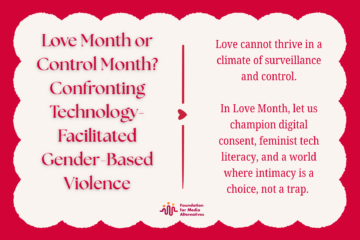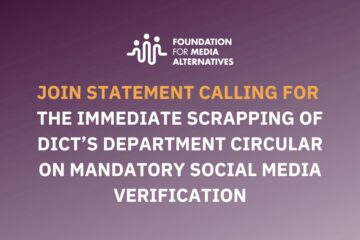#AnoiTech?!: A Fair Advocating for Sustainable Mobile Technology

Taguig City – Greenpeace-Philippines partnered with various non-profit organizations, like-minded groups and artists, such as Ban Toxics, Ecowaste Coalition, Foundation for Media Alternatives, Medecins du Monde, Philippine Misereor Partnership Inc., and UP Circuit’s The E-Waste Project to start engaging the ICT sector and the general public on the issue of e-waste, with a specific focus on mobile technologies.
“AnoiTech?!: A Fair Advocating for Sustainable Mobile Technology” seeks to engage the public in understanding the nature and extent of the problem of e-waste through a series of activities and exhibitions on Saturday, 22 October, 2016 at Bonifacio Global City (BGC) in Taguig.
“The growing problem of electronic waste (e-waste) is an issue that concerns all of us, especially in this age of ubiquitous computing and a multiplicity of gadgets available to citizens, corporations and government agencies, all eager to reap the full benefits of information and communications technologies (ICTs). But the question of sustainable end-of-life options for discarding much of our electrical and electronic equipment (EEE) is still an unanswered one in the Philippines, which still lacks a sufficient policy framework, much less effective operational alternatives,” said Al Alegre, Executive Director of the Foundation for Media Alternatives, during his presentation on the current situation e-waste in the Philippines.
The fair also featured e-waste art created by celebrated artists Tomas Leonor and Baguio-based junk artist Rommel Pidazo. The artworks were made from broken and unusable small electronics such as mobile phones and other gadgets collected from the public. The artworks are for auction for Greenpeace-Philippines’ fund-raising campaign.
“Through this event, we envision taking our audiences on a journey through the life cycle of mobile technologies such as smartphones, tablets and laptops, highlighting the true costs involved in their production up to the time we buy them, to they time they are discarded. We believe it is important for us to be aware of the total environmental and social tolls inherent in current mobile technology design, production, use and disposal. It is our hope that we deepen understanding on the extent of the e-waste problem, which is emerging more than ever as a byproduct of so-called “technical innovations” and “technological progress”. ###




0 Comments